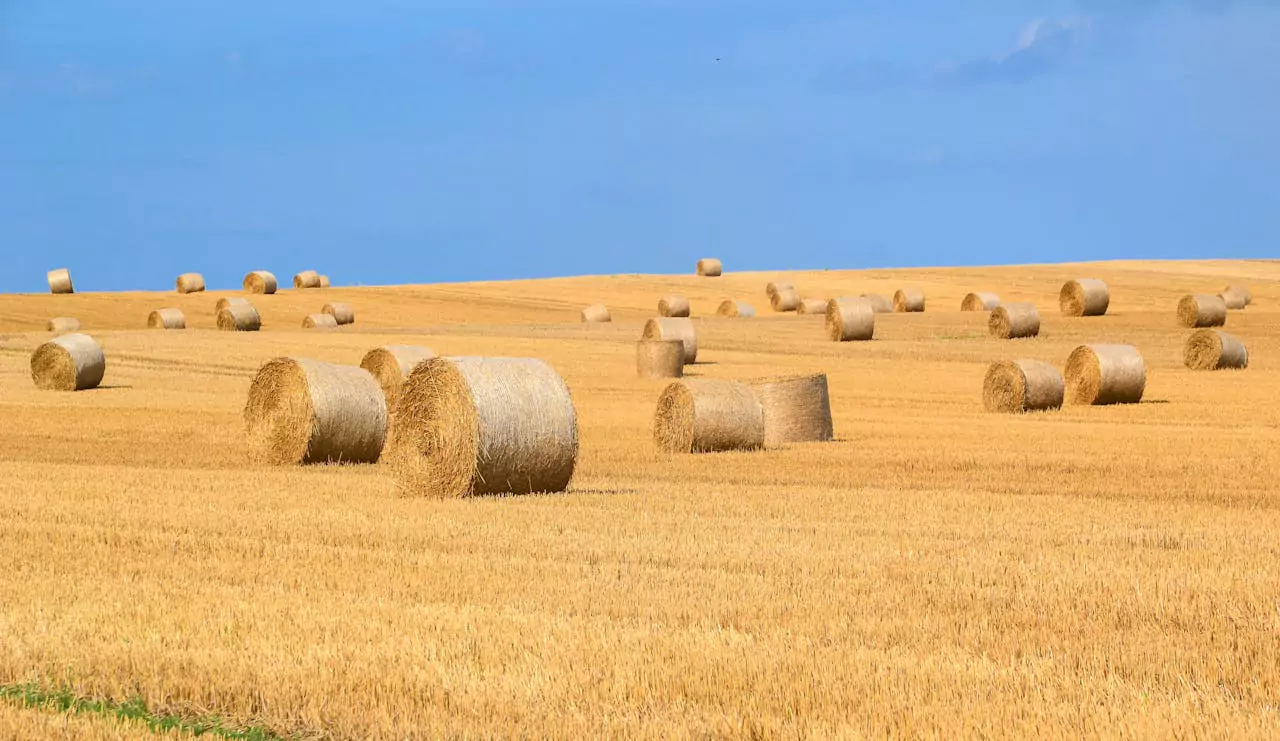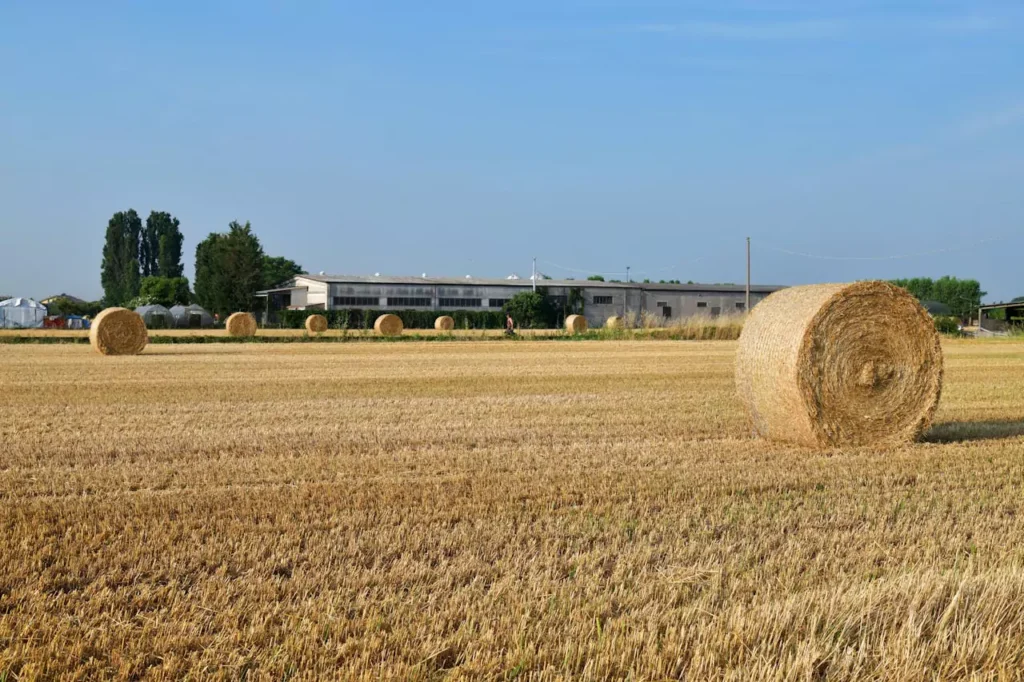
Crops Repsol and Bunge Partner to Advance Renewable Fuel Development in Europe Using Intermediate Crops
Repsol and Bunge (NYSE: BG) have announced a groundbreaking development in the renewable fuels sector in Europe, marking a significant step towards the decarbonization of the transportation and aviation industries. The two companies have introduced intermediate novel crops, such as camelina and safflower, into the production of renewable fuels. These crops will be processed into low-carbon intensity oils, which will then serve as feedstocks for the production of hydrotreated vegetable oil (HVO) and sustainable aviation fuel (SAF). These fuels are fully compatible with conventional diesel and jet fuels, offering a drop-in solution for decarbonizing both road transport and air travel.
This innovation in feedstock development represents a pivotal moment in the renewable fuels landscape, as it expands the range of available feedstocks that can be used to produce low-carbon intensity renewable fuels. Compared to conventional diesel, the use of these new crops for fuel production can result in up to 90% reduction in greenhouse gas emissions. Repsol, utilizing advanced technology in its industrial operations, will convert these oils into renewable fuels, further strengthening Spain’s role in the global shift toward sustainable energy.
Repsol and Bunge recently concluded a transaction that formalized their collaboration, cementing their commitment to continuous research and development. Their joint efforts aim to explore additional opportunities for low-carbon feedstocks, bolstering the supply of advanced renewable fuels. As part of this collaboration, the companies are also focused on sourcing novel seeds from Spanish farmers, ensuring that local agricultural communities benefit from these innovative developments.
The commitment to advancing renewable fuels is central to both companies’ long-term strategies. Bunge’s Co-President of Agribusiness, Julio Garros, emphasized the importance of partnerships in driving the adoption of new oil sources into global supply chains. “We are committed to being the best-in-class partner to provide innovative solutions and support farmers’ efforts in low-carbon agriculture. Through industry collaborations, we are adding new oil sources to our global supply chains and investing in processing plants with the capacity to handle and process these novel crops. This expansion enhances our ability to offer cost-effective, sustainable feedstocks to customers worldwide,” Garros stated.
Bunge’s leadership in the vegetable oils sector positions the company as a key player in the development of a sustainable feedstock supply for renewable fuel production. Garros also highlighted the company’s role in enabling sustainable agricultural practices by helping farmers diversify their crops and providing new income opportunities through the cultivation of intermediate novel crops. These crops not only contribute to reducing the carbon footprint of fuel production but also promote soil health and biodiversity by being planted on fallow lands as part of sustainable crop rotation systems.

On the other hand, Repsol views renewable fuels as a fundamental pillar in its journey towards achieving net-zero emissions by 2050. Juan Abascal, Repsol’s Executive Managing Director of Industrial Transformation and Circular Economy, stated that intermediate crops are essential for securing the low-carbon feedstocks necessary for renewable fuel production. “Our strategic alliance with Bunge, a world leader in vegetable oils production, strengthens our capacity to achieve our shared vision of decarbonizing industry and mobility in the most efficient way,” Abascal said. By integrating these intermediate crops into their fuel production processes, Repsol and Bunge aim to create scalable solutions that will support the broader decarbonization efforts within the transportation and aviation sectors.
In addition to the environmental benefits, this initiative provides economic advantages, particularly for farmers. The incorporation of intermediate novel crops like camelina and safflower into agricultural rotations offers farmers a new income stream, as these crops can be grown on fallow or underutilized lands. This diversification not only benefits the farmers economically but also improves soil health by providing a natural means of crop rotation that reduces the need for synthetic fertilizers. Furthermore, growing these oil-rich crops enhances biodiversity, contributing positively to the agricultural ecosystem.
The cultivation of intermediate novel crops also offers an opportunity to address the challenge of land use efficiency. By utilizing land that would otherwise be left fallow, these crops help maximize agricultural productivity without competing with food production. This contributes to the broader goal of achieving a more sustainable, resilient food and energy system, where agriculture supports both food security and the development of renewable energy sources.
Through this collaboration, Repsol and Bunge are making significant strides toward a more sustainable and decarbonized future. The innovative use of intermediate novel crops not only advances the production of renewable fuels but also demonstrates the potential for sustainable agriculture to play a key role in addressing global environmental challenges. As the demand for renewable fuels grows, this partnership will continue to explore new opportunities and refine the processes needed to make renewable energy more accessible, cost-effective, and scalable.
Looking ahead, both companies are committed to ongoing research, development, and innovation to expand the availability of low-carbon feedstocks for renewable fuels. Their efforts will be crucial in ensuring that renewable fuels can meet the increasing global demand for sustainable energy solutions in transportation and aviation. As governments and industries around the world intensify their decarbonization efforts, the role of renewable fuels—produced from novel, low-carbon feedstocks like camelina and safflower—will become even more critical in reducing emissions and combating climate change.
In conclusion, the partnership between Repsol and Bunge represents a forward-thinking approach to both renewable energy and sustainable agriculture. By integrating intermediate novel crops into renewable fuel production, they are not only contributing to the decarbonization of the transportation and aviation industries but also promoting sustainable farming practices that benefit both the environment and local economies. With a focus on innovation, collaboration, and long-term sustainability, Repsol and Bunge are helping to shape the future of renewable fuels and advancing the global transition to a low-carbon economy.




